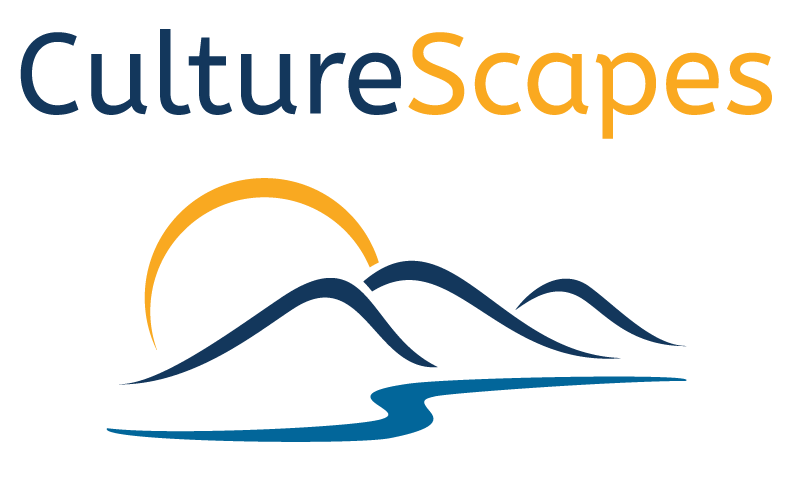
My two favourite things to do are to teach and do research. I think it is because I love learning so much. I continued in school until they told me that my Ph.D. was as far as I could go and it was time to start teaching and doing my own research. So I took my degree in international economics and left Chicago to go to a rural area in Missouri. I learned that you don’t have to leave the country to encounter different cultures. It was a tough adjustment, for me and for them. In learning how to teach students in a different culture, I discovered myself, and I probably learned far more than they did. I began doing research on how people learn who have different styles of learning, and how teaching can be adapted to help them learn and retain, and use their learning. I discovered that technology can be used as a powerful tool for learning, if used correctly. I stayed at the university until I earned tenure and promotion to associate professor.
I am used to change and new cultures. I grew up as a military brat, moving from country to country about every 4 years, and then from city to city after we returned to the U.S. Each move taught me something. I suppose that I am so aware of the learning because I was in a constant state of trying to fit in. Being able to pick up on lessons learned is a great survival skill.
I immigrated to Canada in 1999 and encountered a surprisingly different culture. And once again I realized I could recreate myself, and this time focus on what is important to me. Teaching, research, inclusiveness, transformational learning, and technology, are all on the top of my list. In Canada, I did all of that, and began teaching semester-long courses to professors on how to integrate technology into their teaching to reach students with different learning styles.
When I discovered there is a disconnect in the Canadian labour market that affects productivity and the strength of the economy, I once again saw an opportunity to apply my unique mix of skills and interests.
Canadian business faces skills shortages. Skilled immigrants face unemployment and underemployment. Supply and demand are not clearing the market?and I see culture as a barrier. Programs for immigrants are plenty, and immigrants work hard to fit in. Employers don?t yet realize that they have to work hard to build inclusive talent management strategies. I did research to understand how talent management works in Canada and what must be changed. And I developed teaching materials and strategies for managers. In particular, I am the learning concept designer and subject matter expert for the learning design of TalentNet, a free online e-learning tool for managers facing the challenges of changing workplace demographics. The tool illustrates the power of experiential learning and technology, and combined with face-to-face training, the possibility of transformational learning.
Today, you can find me working with workplace professionals in management and human resources, consulting and coaching, and delivering workshops and presentations tailored to the needs of the audience and participants.
Read Linda’s Bio
For more information or inquiries, you can go to Contact Linda.
